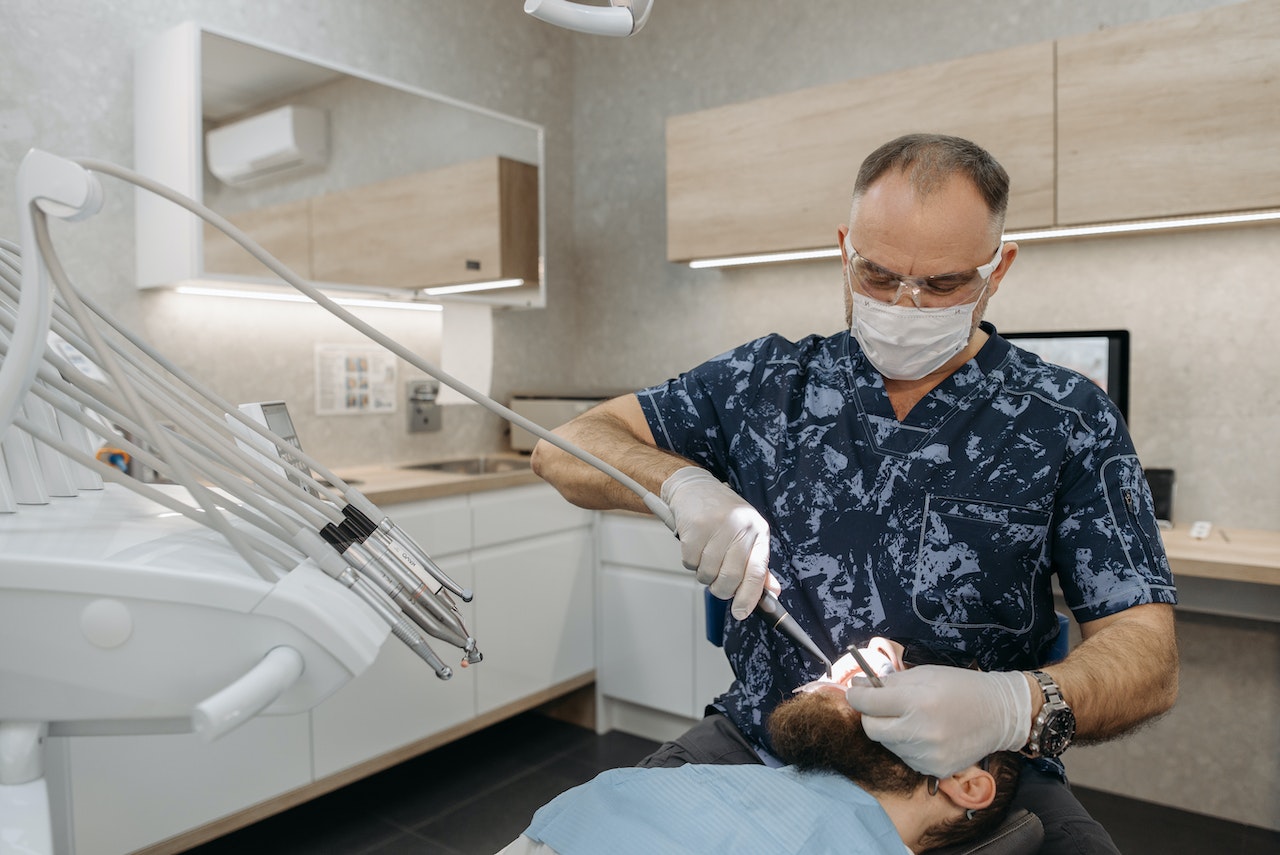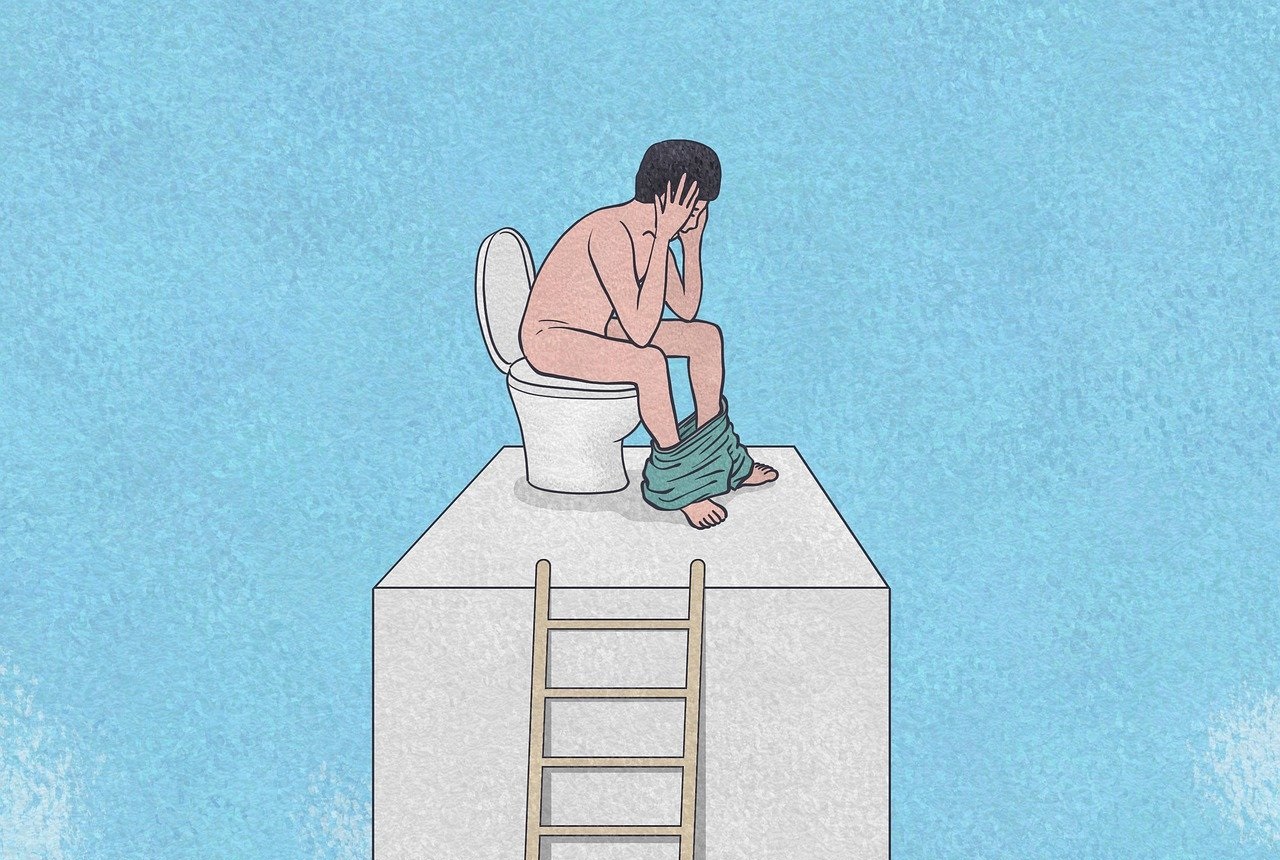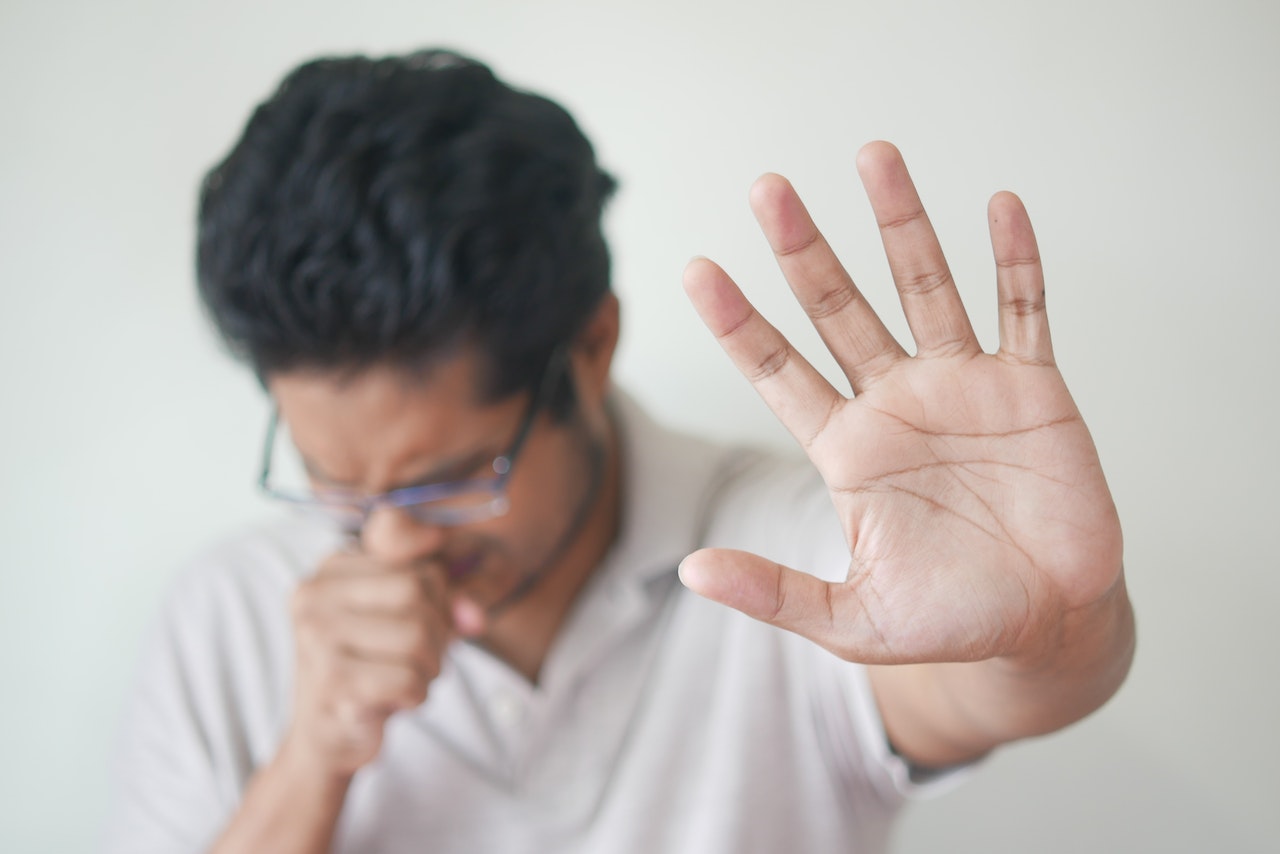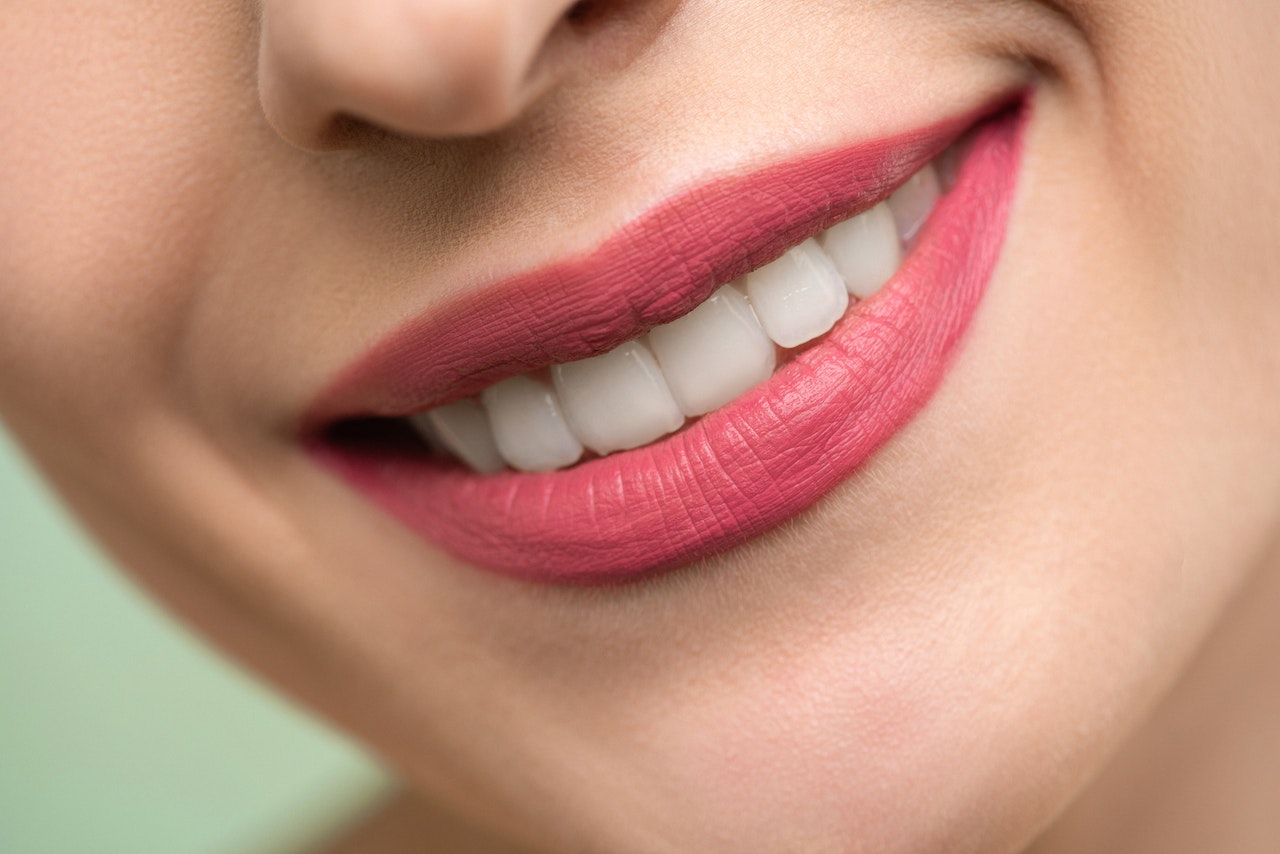Dental checkups – the appointments we eagerly anticipate, setting countdown timers and reminders on our phones for, right? Oh, wait. That’s for vacations. Oops. My bad. But, seriously, who doesn’t enjoy that fresh feeling after a dental cleaning? It’s like your mouth just came back from a spa day, minus the cucumber slices and zen music.
Before we dive into the all-important topic of how often you should truly bless your dentist with your presence, let’s clarify something. Your teeth aren’t just there to help you dominate in corn-on-the-cob eating contests or to flash in selfies. They have vital roles like aiding digestion, speech, and giving your face its structure. Therefore, taking care of them isn’t just about aesthetics; it’s about health.
Now, on to the million-dollar question (or, depending on your dental insurance, the several-hundred-dollar question): How often should you have a dental checkup?
The Super “Official” Recommendation:
Every 6 months. Yes, twice a year. That’s right, folks! While you’re marking your calendars for holidays, birthdays, and anniversaries, go ahead and pencil in those biannual visits to your dental BFF.
Here’s Why:
1. Plaque and Tartar, The Uninvited Guests:
No matter how Olympian your brushing and flossing skills are, plaque and tartar always find a way to gatecrash the party. Over time, plaque hardens and becomes tartar, which can lead to cavities or gum diseases like gingivitis. Your dental hygienist has the magical tools to evict these unwelcome guests before they cause serious problems.
2. X-Ray Vision:
While it would be pretty cool, your dentist doesn’t actually have superpowers. However, regular checkups often include X-rays, which can spot issues that are invisible to the naked eye. Think of it as your teeth’s annual paparazzi moment, revealing hidden problems like cavities between teeth or issues beneath the gum line.
3. Early Detection:
Regular visits help in early detection of oral cancers, gum diseases, and other dental problems. It’s always better to catch issues early when they’re more treatable than waiting until they’re major problems. Consider it the dental equivalent of catching a spelling mistake in a tweet before you hit send.
4. Dentists Know Best:
If you’ve been having dental issues, or if you’re at a higher risk for dental disease (due to factors like smoking, diabetes, or a history of gum disease), your dentist might want to see you more frequently. Always listen to them. They went to school for this. And they probably have the debt to prove it.
So, now that I’ve laid out the reasons why the 6-month rule exists, remember, dental health isn’t just about dazzling smiles and minty-fresh breath. It’s about ensuring overall health and well-being. Regular checkups are a small investment in time that can save you from potential pain, problems, and yes, even bigger dental bills down the line. Because nothing says “I should’ve gone to the dentist sooner” like a surprise root canal.
The (Somewhat Harrowing) Consequences of Neglecting Dental Care
Alright, since I’ve enlightened you with the absolute joys of regular dental checkups, it’s only fair that we dive into the gloomy depths of what happens when you decide to ghost your dentist. Spoiler: It’s not all rainbows and unicorn smiles.
1. The Cavity Conundrum:
Skip those dental checkups and little cavities, once as harmless as a fly, can grow into monsters. These holes in your teeth can become bigger, deeper, and, dare I say, more expensive to fix.
2. Gum Disease Gang:
You know that little bit of blood when you brush? Ignore it, and you might end up facing gum diseases like gingivitis or even periodontitis. This isn’t just about bad breath or receding gums; severe cases can result in tooth loss.
3. Toothless Tomorrows:
Extreme neglect can lead to losing your teeth. And while grandparents make toothless smiles look endearing, it might not be the same story for the rest of us.
4. Oral Cancer Omen:
Regular dental checkups can detect early signs of oral cancer. Neglecting visits makes it harder to catch in the early, more treatable stages. Remember, prevention (and early detection) is way better than cure.
5. Bad Breath Blues:
Persistent bad breath might be more than just that garlic pizza you ate. It could be a sign of deep-seated dental issues, which, if not addressed, can turn you into the person everyone mysteriously avoids in close quarters.
6. Surprise Aches and Pains:
Ever been rudely awakened by a toothache in the middle of the night? Regular dental care can prevent such surprise agonies. Because let’s face it, tooth pain can make a root canal seem more appealing than a beach holiday.
7. The Domino Effect:
Poor dental health isn’t just about your mouth. It can have repercussions for the rest of your body. Heart disease, diabetes, and even pregnancy complications have been linked to oral health issues.
8. Aesthetic Anguish:
Yellowed teeth, patchy gums, and a less-than-sparkling smile can dent your self-confidence. Not to sound too vain, but everyone wants to flash a winning smile in photos, at meetings, or on dates. Neglecting dental care can lead to stained teeth, chipped enamel, and a generally lackluster smile. Remember, first impressions count, and sometimes, a bright smile can make all the difference.
9. Costly Consequences:
Believe it or not, avoiding the dentist to save money is a flawed strategy. Small issues that could have been fixed inexpensively can morph into major problems requiring complicated procedures. So, instead of saving a few bucks on routine checkups, you could end up shelling out big-time for treatments that could have been avoided.
10. Functionality Fail:
Teeth aren’t just for show. They help you chew, talk, and even structure your face. Imagine trying to enjoy your favorite steak or crunchy apple with a missing or painful tooth. Or struggling to pronounce words because of dental issues. It’s a functionality you don’t want to lose.
11. Emotional Exhaustion:
It’s not just about physical pain. Chronic dental issues can lead to anxiety, self-consciousness, and even depression. Feeling the need to hide your smile or being constantly worried about bad breath can take a toll on your mental well-being.
12. Dietary Downfalls:
Unresolved dental issues can force you to modify your diet. You might have to avoid certain foods, not because of health or dietary choices, but because they’re too hard, crunchy, or cold. Before you know it, you’re saying goodbye to ice creams, crunchy granolas, and fresh salads.
Wrapping Up (with dental floss, preferably):
The journey to dental neglect is a slippery slope, but it’s entirely avoidable. Regular dental checkups aren’t just about keeping your teeth picture-perfect; they’re about preserving your overall health, function, and well-being. So, the next time you think about postponing that dental appointment, remember the potential consequences. Your future self, flaunting a radiant, problem-free smile, will thank you.
Pro Tips (because we care about your pearly whites):
- Toothbrush TLC: Remember, your toothbrush doesn’t have a forever shelf life. Aim to replace it every 3-4 months, or when the bristles look frayed. Or, you know, when it starts resembling roadkill.
- The 2×2 Rule: Brush for 2 minutes, twice a day. That’s roughly the duration of one pop song. So, cue up your favorite tune and brush away!
- Floss Like a Boss: Brushing alone doesn’t cut it. Think of flossing as the backup dancer to your toothbrush — essential for a complete performance.
- Sugary Stuff = Sneaky Tooth Enemies: Sugary and acidic foods can be a party for your taste buds but a funeral for your teeth. Rinse with water after indulging and brush a bit later.
- Dental Apps: In this digital age, there are apps for everything — including dental hygiene. Download one to remind you to brush, floss, and even when it’s time to change your toothbrush.
- Emergency Kit: Keep a small dental kit in your bag or car with a travel toothbrush, toothpaste, and floss. You never know when that spinach salad will decide to linger between your teeth.
- Dentist Chat: Got a question about your oral health? Your dentist isn’t just there to poke around in your mouth. Ask away! Unless, of course, their hands are already in your mouth. Then maybe wait a moment.
- DIY Dentistry is a DON’T: A YouTube tutorial is great for learning a new dance move or a cake recipe, but please, for the love of molars, don’t DIY dental procedures.
- Water is Wonderful: Hydration isn’t just good for your skin and energy levels. Drinking water helps wash away food particles and keeps your saliva levels high – nature’s own defense against cavities.
- Smile More: Okay, this isn’t dental advice, but smiling is scientifically proven to boost your mood. And with your newly-refreshed teeth, why not show them off?
FAQ: All Your Dental Dilemmas Addressed
The general recommendation is twice a year or every six months. However, if you have specific dental concerns or conditions, your dentist might advise more frequent visits.
Brushing is crucial, but even with daily brushing and flossing, some areas can be missed. Regular checkups ensure any lurking plaque and tartar are removed, potential problems are spotted early, and you maintain overall oral health.
Reactive dental care, or waiting until you have a problem, can lead to more extensive and expensive treatments. Regular checkups help in early detection and can prevent minor issues from becoming major problems.
Yes! Flossing removes food particles and plaque from between your teeth and under the gumline, areas your toothbrush can’t reach. Think of it as the unsung hero of oral hygiene.
Modern dental X-rays use minimal radiation and are considered safe. They play a pivotal role in diagnosing underlying issues that might not be visible during a regular oral examination.
Dental anxiety is real and common. Speak to your dentist about your fears. Many dental offices offer sedation dentistry or use techniques to make your experience more comfortable and less anxiety-inducing.
Occasional bleeding might be due to brushing too hard or a new flossing routine. However, persistent bleeding can be a sign of gum disease and should be addressed with your dentist.
It’s essential! Soft-bristled toothbrushes are recommended as they can clean effectively without damaging your gums or enamel. The size and shape should allow you to reach all areas of your mouth. Many dentists also recommend electric toothbrushes for an even more thorough clean.
While sugar-free options are better than their sugary counterparts, some sugar-free drinks can still be acidic, leading to enamel erosion. Always check the pH and be mindful of your consumption.
Mouthwash can be a good adjunct to brushing and flossing, especially therapeutic mouthwashes that target specific issues. However, it’s not a substitute for either. Ask your dentist for recommendations based on your oral health needs.



